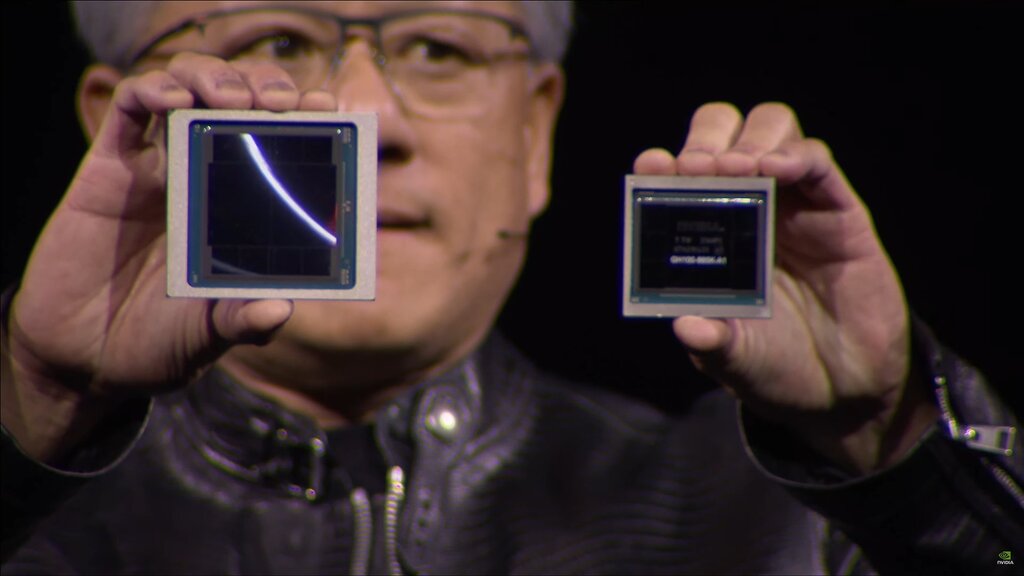- Nvidia is expected to debut the RTX 50 series this year.
- A new leak suggests the company will launch this series with the RTX 5080.
- This seems to be a change in strategy since Nvidia launched the RTX 4090 before other cards in the last generation.
According to recent rumors and leaks, Nvidia appears to be gearing up for the RTX 50 Blackwell series GPUs, following the disappointing RTX 40 Super cards earlier this year.
The new generation of Nvidia GPUs was expected to commence this year, but recent rumors suggested that Nvidia would only release the RTX 5090 in 2024, with the rest of the series arriving in 2025.
A reliable leaker, kopite7kimi, recently denied these rumors, stating that the RTX 5080 would indeed be released this year.
Why it matters: Nvidia’s release strategy for the RTX 40 series prioritized launching the most powerful GPU, the RTX 4090, followed by the RTX 4080, around a year and a half ago. However, the RTX 50 series cards appear to be altering this approach.
It's not ture. RTX 5080 should be released first.
— kopite7kimi (@kopite7kimi) May 7, 2024
The leaker revealed a change in Nvidia’s approach, indicating that the RTX 5080 would launch before the RTX 5090. Since earlier rumors suggested that only one graphics card would arrive in 2024, it seems the RTX 5090 will target a 2025 launch.
Still, with the RTX 4090 and RTX 4080 being launched nearly a month apart, a similar timeframe could be anticipated for the RTX 5080 and RTX 5090. Therefore, it’s reasonable to expect the RTX 5090 to be released in Q1 2025.
It’s anticipated that there will be two flagship dies: GB202 for the RTX 5090 and GB203 for the RTX 5080, each with differing specifications such as SM units and memory interface.
Both GPUs are expected to utilize GDDR7 memory, with varying TDPs of up to 450W. Nvidia has yet to comment officially on the RTX 50 series cards. However, it recently unveiled Blackwell, deemed as the most powerful graphics chip globally, boasting speeds nearly five times faster than the NVIDIA Hopper (H100).

Nvidia has placed significant emphasis on AI, with the Blackwell chips representing a major advancement in this field. It has been disclosed that Blackwell offers up to a 30x improvement over its predecessor while reducing energy consumption costs.
Such a substantial advancement in Nvidia’s AI capabilities could indeed translate to significant improvements in the performance of the RTX 50 series cards, with the company potentially working on additional enhancements to DLSS.
This could help the upcoming generation stand out compared to the RTX 40 series cards.
Thank you! Please share your positive feedback. 🔋
How could we improve this post? Please Help us. 😔
[Senior News Reporter]
Avinash is currently pursuing a Business degree in Australia. For more than 5 years, he has been working as a gaming journalist, utilizing his writing skills and love for gaming to report on the latest updates in the industry. Avinash loves to play action games like Devil May Cry and has also been mentioned on highly regarded websites, such as IGN, GamesRadar, GameRant, Dualshockers, CBR, and Gamespot.




